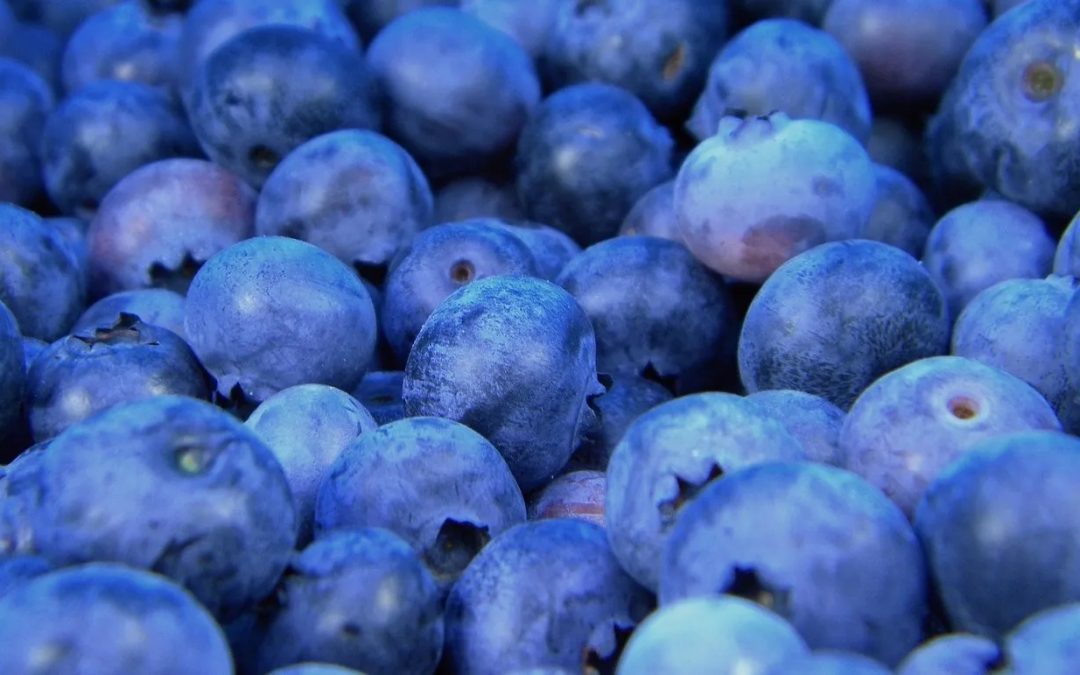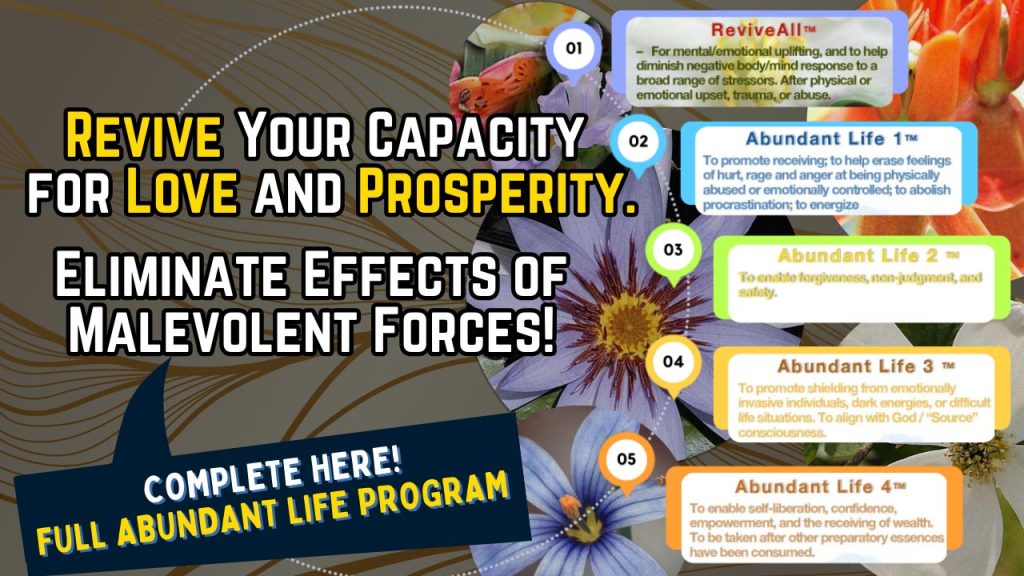Is “Organic” Really Organic?
The Real Reason People Choose Organic Produce Over Conventional
Some pesticides currently in use were in fact developed during World War II for use in warfare.
by Arjun Walia
Is “organic” really organic? Well, no and yes. Although organic produce is not sprayed and coated with the same substances non-organic produce is, organic produce is still sprayed with biopesticides.
Biopesticides are certain types of pesticides derived from natural materials such as animals, plants, bacteria, and certain minerals. Biopesticides are a comparatively safer strategy than the use of synthetic chemical derived pesticides. They also pose low risks to humans and the environment by comparison.
The substances sprayed on conventional produce can have highly toxic cumulative effects on all life forms. Activism in this area seems to have started in the 1960’s when Rachel Carson’s 1962 book “Silent Spring” was published. It argued strongly against the use of synthetic chemicals on farms. It targeted the synthetic chemical compounds then used to kill insects and weeds.
Insecticides like DDT and herbicides like 2,4-D (an ancestor of Agent Orange) had become widely available to farmers after World War II. Between 1945 and 1972, pesticide use in the United States increased tenfold.
Carson’s book, which triggered the passage of the Environmental Protection Act in 1970, played a huge role in banning agricultural substances like DDT in 1972. Unfortunately, this dangerous growth of pesticide usage has continued to today, along with the corruption within the agencies that are tasked with monitoring the safety of these substances. We’ve seen, for example, a massive amount of corruption with regards to the approval of genetically modified foods.
Sure, organic may not be totally “organic,” but there is a good reason why many people prefer organically labelled produce. One of the main reasons is that conventional produce is sprayed with substances initially developed as nerve gas for chemical warfare:
A 2004 publication put out by the The Ontario College of Family Physicians explains,
“To understand this controversial issue it is helpful to look at the history of pesticide use. Prior to World War II, the pesticides that we use now did not yet exist. Some pesticides currently in use were in fact developed during World War II for use in warfare. The organophosphate insecticides were developed as nerve gases, and the phenoxy herbicides, including 2,4-D (the most commonly used herbicide in Canada), were created to eradicate the Japanese rice crop, and later used as a component of Agent Orange to defoliate large areas in jungle warfare. After World War II, these chemicals began to be used as pesticides in agricultural production, for environmental spraying of neighbourhoods, for mosquito eradication, and for individual home and garden use.”
There is concerning data regarding these agents. A 2019 study published in the journal Environmental Research titled, “Organic diet intervention significantly reduces urinary pesticide levels in U.S. children and adults” highlighted that diet is the primary source of pesticide exposure in both children and adults in the United States. It found that an organic diet significantly reduced neonicotinoid, OP pyrethroid, 2,4-D exposure, with the greatest reduction observed in malathion, clothianidin, and chlorpyrifos.
The researchers noted that all of us are exposed “to a cocktail of toxic synthetic pesticides linked to a range of health problems from our daily diets.” They explain how “certified organic food is produced without these pesticides,” and they ask the question, “Can eating organic really reduce levels of pesticides in our bodies?”
They tested four American families that don’t typically eat organic food to find out. All pesticides detected in the body dropped an average of 60.5% after just six days on an organic diet.
“First, we tested the levels of pesticides in their bodies on a non-organic diet for six days. We found 14 chemicals representing potential exposure to 40 different pesticides in every study participant. These included organophosphates, pyrethroids, neonicotinoids and the phenoxy herbicide 2,4-D. Some of the pesticides we found are linked to increased risk of cancer, infertility, learning disabilities, Parkinson’s, Alzheimer’s and more.”
The most significant drops occurred in a class of nerve agent pesticides called organophosphates. This class includes chlorpyrifos, a highly toxic pesticide linked to increased rates of autism, learning disabilities and reduced IQ in children.
Organophosphates are one of the most common classes of chemicals used for the control of insects on vegetables because of their high efficacy and broad spectrum of activity.They are so harmful to children’s developing brains that scientists have called for a full ban.
A study published in the British Journal of Nutrition carried out a meta-analysis based on 343 peer-reviewed publications that indicate “statistically significant and meaningful differences in composition between organic and non-organic crops/crop based foods.”
The study found that Phenolic acids are 19% higher in organic foods, Flavanones are 69% higher in organic foods (linked to reduced risk of several age-related chronic diseases), Stilbenes are 28% higher in organic foods, Flavones are 26% higher in organic foods, Flavonol is 50% higher in organic foods and Anthocyanins are 51% higher in organic foods.
Apart from the nutritional content, the study also measured concentrations of the toxic metal Cadmium (Cd), finding that in conventional foods, “significantly higher concentrations” were found. Conventional foods appear to have nearly 50 percent more of this heavy metal than organic foods. Furthermore, significant differences were also detected for other minerals and vitamins.
When it comes to pesticide residues on non-organic foods, the authors found that the volume of pesticide residues was four times higher in conventional crops.
Another study conducted by researchers from RMIT University published in the journal Environmental Research found that eating an organic diet for just one week significantly reduced pesticide exposure in adults by up to 90 percent.
At the end of the day, organic isn’t totally “organic” unless it’s grown yourself with no added pesticides. Organic used to mean completely natural, but today organic food are foods and drinks produced by methods complying with the standards of organic farming. And those standards may not be completely and totally 100 percent “organic” or natural.
It wasn’t long ago when the world’s food was completely organic, in every sense of the word. But today, most farmers have little interest in switching to the more costly and less convenient production methods required for organic certification, so this constrains the supply, which makes organic food needlessly expensive. Further, governments often subsidize conventional farming which brings down the cost.
Like anything else, there is always justification for actions that are harmful to human beings. We see it in multiple fields, and what we also see is a lack of conversation, transparency and discussion on the issue.
One side of the argument is always presented, encouraged and disseminated to the collective, while the other is ridiculed. It seems anything that is not good for business is shunned and not given the attention it deserves.
The next question is, what can we do about it? What are the solutions? The answers here often stumps me, so I’d love to hear some of your ideas in the comments section below.

Arjun Walia



















